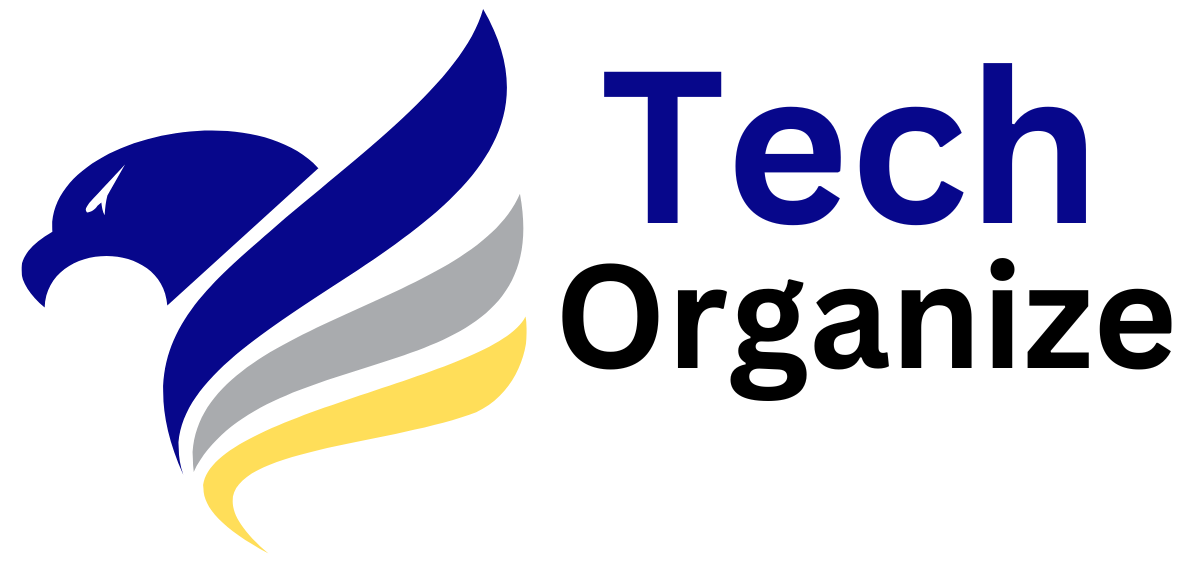Public Wi-Fi is quite popular in cafes, airports or abroad during holidays or business trips. Despite the convenience and perceived need to stay connected, these mundane situations require vigilance to ensure the security and protection of personal data. To safely deal with potential risks, Kaspersky experts have created a set of safe practices for using free networks.
Public Wi-Fi is a convenient way to stay connected on the go, whether you’re in a coffee shop, shopping center or airport. However, it is important to be aware of security issues when connecting to these free networks. Sometimes scammers create fake Wi-Fi networks or compromise existing networks. They may use names that closely resemble legitimate networks to trick users into connecting. Once users log in, personal information such as social media links, bank details and email addresses become vulnerable to interception and abuse.
Despite these concerns, there are effective ways that users can protect themselves and ensure that their data remains safe. To avoid taking unnecessary digital risks, Kaspersky experts recommend the following practices:
- Connect to public Wi-Fi only when necessary. In general, it is recommended to use public Wi-Fi networks only when absolutely necessary due to their potential security vulnerabilities.
- Network authentication. When using public Wi-Fi, confirming the legitimacy of the network with infrastructure personnel can help prevent connections to deceptive networks that can store personal information.
- pifocus on the public Wi-Fi network connection page. If it asks for login credentials through external platforms like social networks, it’s a warning sign. Such requests may indicate a phishing attempt aimed at collecting personal information.
- Opsunrise sensitiveof transactiono on public Wi-Fi. It is a safe practice to avoid accessing websites that require login details, especially financial services, while connected to public Wi-Fi. This practice significantly reduces the risk of interception of sensitive data.
- Boost your privacy and security with a VPN. Using a VPN while on public Wi-Fi can greatly improve your privacy. Modern VPNs they encrypt data and protect online activities from unauthorized access, and their use does not have a significant impact on Internet speed, making them suitable for continuous use.
Following these tips and using a reliable VPN ensures that a user’s browsing experience on public Wi-Fi networks remains private. In addition to providing data encryption, some complete security solutions protects against various cyber risks, such as cyber phishing, where fraudsters create fake networks to steal login credentials, and DNS spoofing, which redirects users to malicious websites. In addition, VPN encryption helps protect against targeted attacks that can exploit browsing history and other sensitive information, offering strong protection against potential risks associated with open Wi-Fi networks.
Also, VPNs can be used all the time, not just in specific scenarios like connecting to open Wi-Fi networks. Keeping a VPN active at all times ensures that user data remains protected, maintaining privacy regardless of the network used. In addition, high quality VPN services they do not compromise internet speed, allowing users to enjoy full protection without experiencing significant drops in browsing speed or file downloads.
“Although VPNs are considered tools for special occasions, they can also be solution cyber security for everyday use. By keeping a VPN enabled, users increase their security and ensure their continued protection their privacystrengthening their defenses against today’s threats in the digital space”, comments Anna Larkina, web content analysis specialist at Kaspersky.

